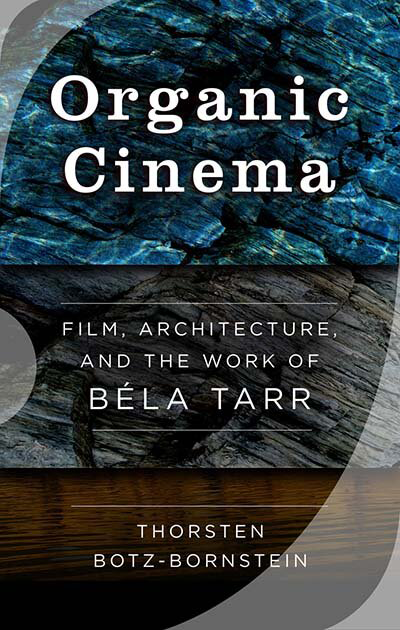Organic Cinema: Film, Architecture, and the Work of Béla Tarr
Reviewed by Anthony Ballas, University of Colorado at Denver Thorsten Botz-Bornstein. Organic Cinema: Film, Architecture, and the Work of Béla Tarr. New York: Berghahn Books, 2017. 221 pages. Thorsten Botz-Bornstein’s Organic Cinema: Film, Architecture, and the Work of Béla Tarr features an impressive multidisciplinary examination of the concept of organicism through a complex yet sophisticated web of philosophical, aesthetic, architectural and cinematic examples. For Botz-Bornstein, organicism grates up against mainstream or otherwise popular philosophical and aesthetic theories, offering a divergent path away from the post-structuralist, deconstructive, leftist ideologiekritik, as well as the “competition of different universalisms,” ranging from Islamic fundamentalism to western capitalism, which dominate our contemporary social and aesthetic paradigm (2-3). Filmmakers such as Béla Tarr and Andrei Tarkovsky, architects like Frank Lloyd Wright and Imre Makovecz, writers such as Lázló Krasznahorkai and philosophers such as Gilles Deleuze and Henri Bergson, are the exemplars of organic thinking according to Botz-Bornstein, who highlights their theoretical and aesthetic import as advocates of contemplation, slowness, and ultimately the cosmic thought linking the relative to the universal, or, …

